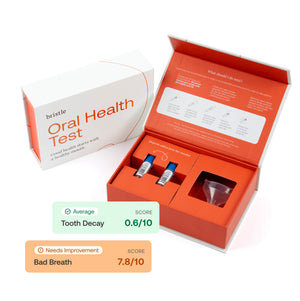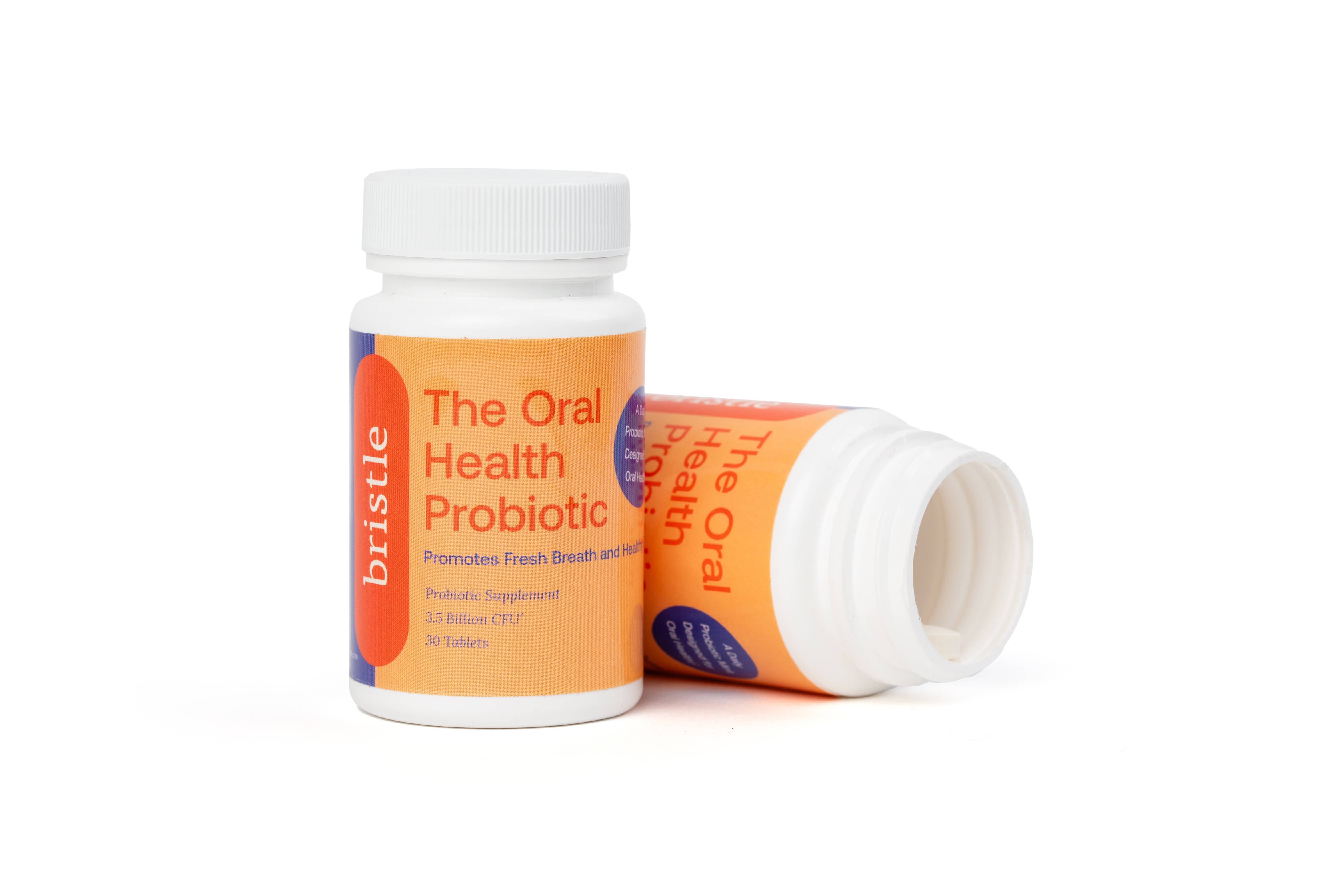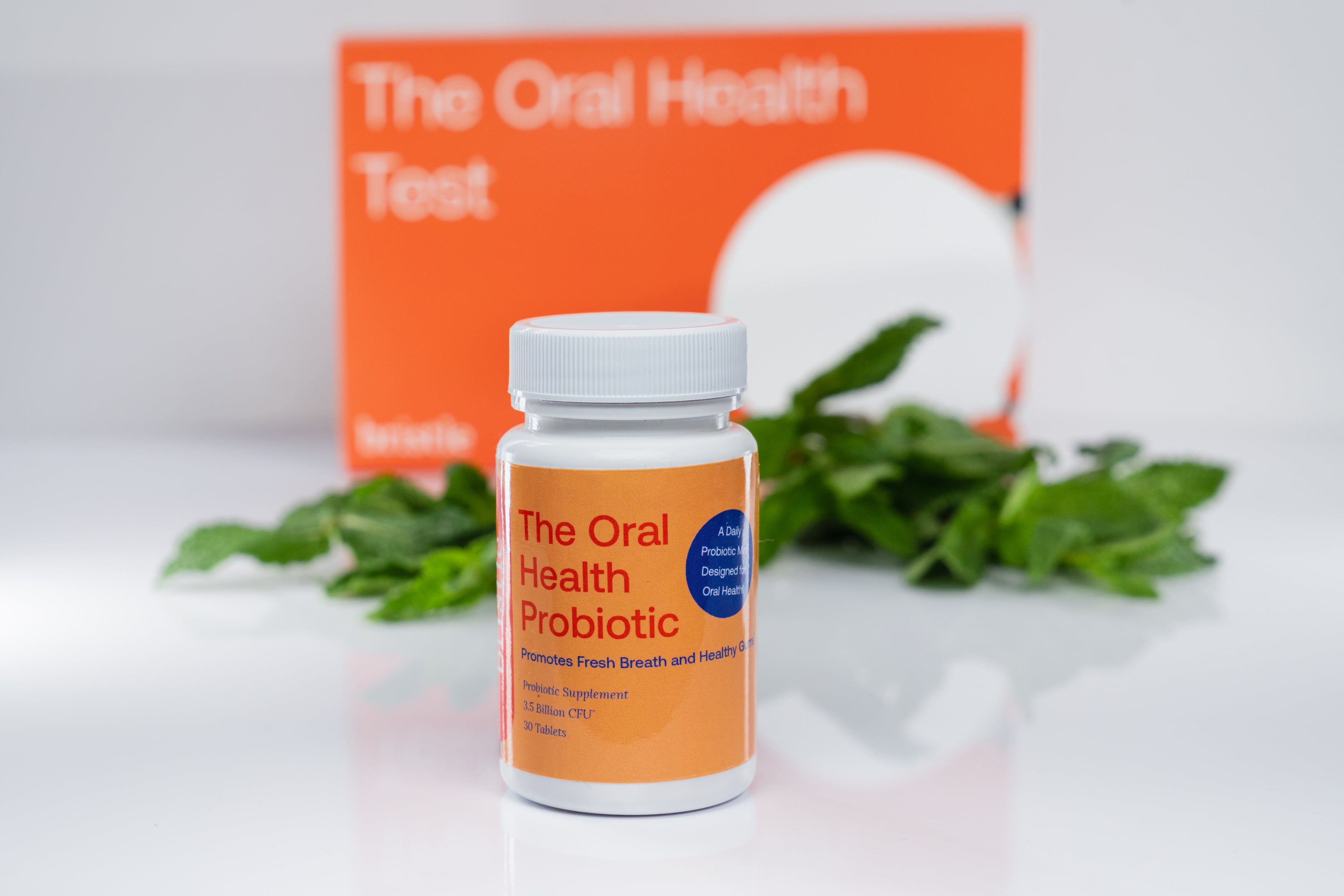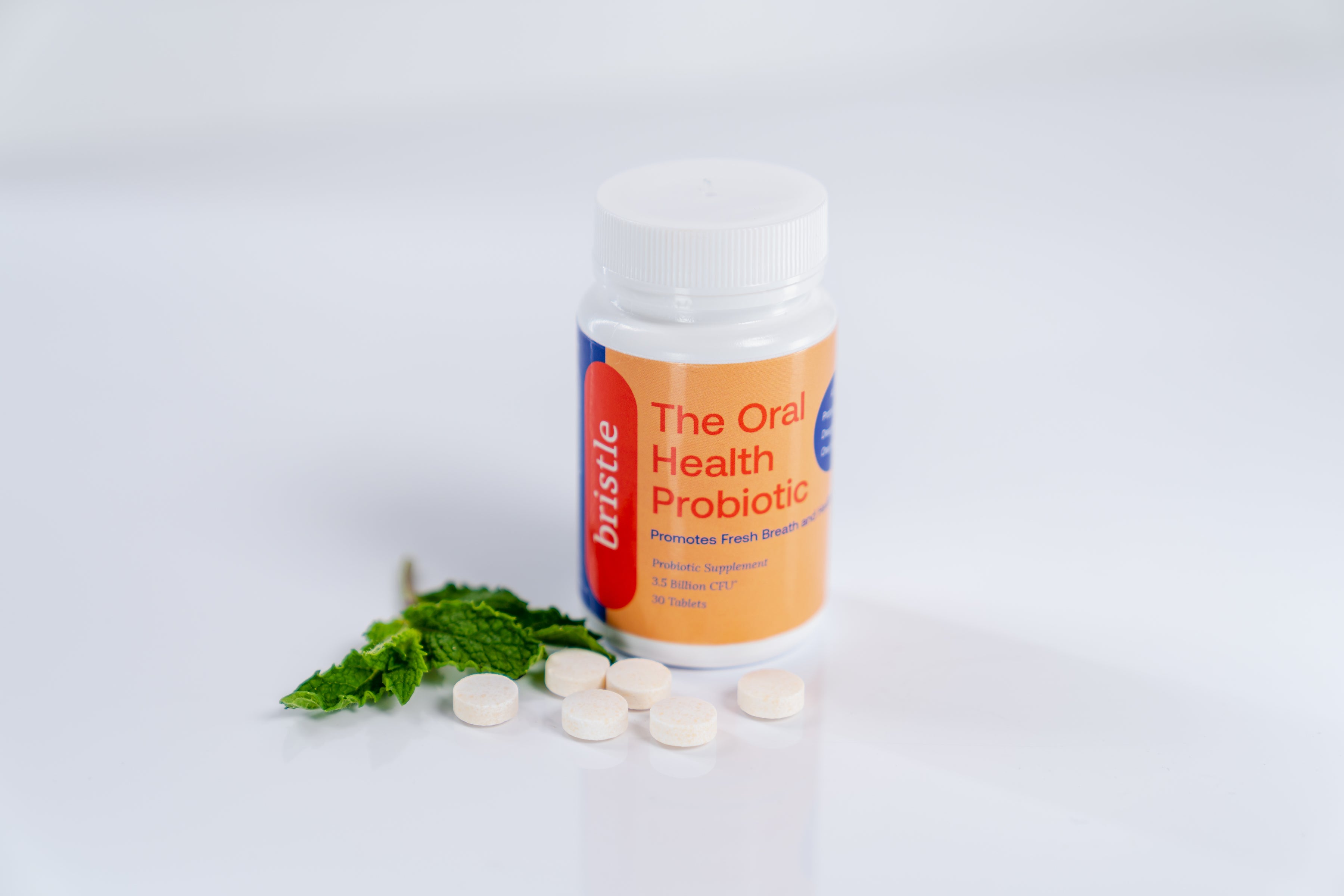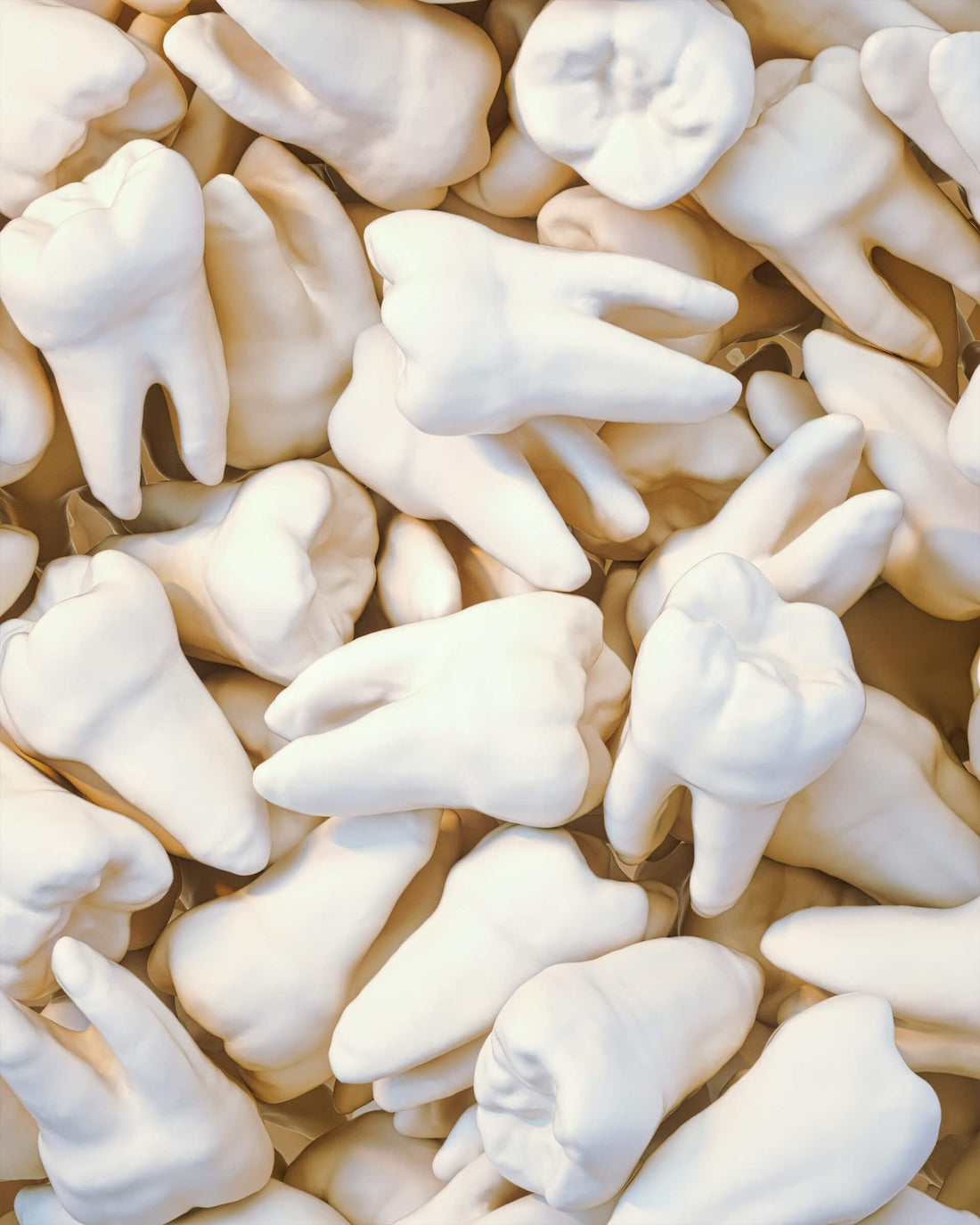You may be wondering if gum disease runs in the family. If my parents have gum disease, will I get gum disease? If I get gum disease will my children, or future children, also get gum disease? How can I prevent myself or them from getting gum disease?
While research shows that your risk of gum disease is indeed influenced by your family history of gum disease, there are easy ways to reduce your risk and your children’s risk of gum disease! Continue reading to find out more.
First, some background on gum disease.
What is gum disease?
There are many forms of gum disease, and in this article we’ll cover the most common forms of gum disease: gingivitis and periodontitis.
Gingivitis is the reversible stage of gum disease, characterized by gum inflammation, bleeding gums, gum redness, and even bad breath. If left untreated, gingivitis leads to periodontitis, which is an irreversible stage of gum disease defined by tooth loss that often requires surgical interventions to fix like gum grafting, pocket reduction surgery, or bone grafts. Gum disease can become a permanent chronic condition if left untreated. Periodontal treatment can reduce symptoms of gum disease, but requires persistent maintenance.
An estimated 47.2% of all American adults over 30 years old have some form of periodontal disease. Risk of periodontal disease increases significantly as we age, with over 70% of all Americans over 65 having periodontal disease.
What causes gum disease?
Gum disease is caused by an outgrowth of specific harmful bacteria known as periodontal pathogens that invade the gum tissue and cause inflammation. Therefore, gum disease is a bacterial infection. Research now shows more broadly that the oral microbiome is a critical component of preventing gum disease. The oral microbiome is a community of bacteria, fungi, and viruses in the mouth that normally live symbiotically, and maintain oral and systemic health. Oral microbiome imbalance (also known as dysbiosis) can allow an increase in the abundance of periodontal pathogens, leading to gingival inflammation.
Research has shown that these harmful bacteria, such as Porphyromonas gingivalis, that cause gum disease can be transmitted from person to person, especially within communities where there is close contact, such as between family members within a home. These harmful bacteria trigger an inflammatory response, which can become chronic, and progress from gingivitis to severe periodontitis.
Severe periodontitis can cause loss of teeth, and
Is gum disease genetic
Genetic factors can also play a role in gum disease, but gum disease is not determined only by genetics.
Some studies have shown that mutations in specific immunity genes can increase the chance of periodontal disease and other chronic inflammatory diseases (1). A study from 2020 demonstrated that polymorphisms (changes in DNA) of specific inflammatory genes and immune factors such as IL1A and IL1B were associated with increased risk of periodontal disease. However, polymorphisms in other inflammatory markers that were previously regarded as implicated in periodontal disease (such as MMP8 and MMP9) were not associated with increased risk of periodontal disease. The increase in odds of periodontal disease was relatively minor, with a meta-analysis demonstrating increased odds between 25-50% for individual genes (2).
In summary, genetics can play a small role in the incidence of gum disease, which may also present as chronic inflammation.
Family history of gum disease
Some studies have shown that if parents have gum disease, then their children have significantly increased odds of having gum disease as well (3).
While a few genetic factors may play a role in progression of gum disease, research actually shows that specific bacteria that reside in the mouth, also known as the oral microbiome, is the biggest culprit in hereditary gum disease. Scientific studies now show that bacteria that cause gum disease and cavities are transmitted from person to person, especially from parents to their children.
If you have a high abundance of pathogenic bacteria in your mouth that cause gum disease, these are more likely to be transmitted from person to person. For example, mothers with periodontal disease were more likely to transmit Porphyromonas gingivalis, a key pathogen in the progression of gum disease (4).
Gum disease is also associated with cardiovascular disease and heart disease. Risk of cardiovascular disease is also higher in people with a family history.
So is periodontal disease hereditary?
While periodontal disease is not strictly a genetic disease, periodontal disease can still be considered hereditary. This is because, you can inherit an increased risk of periodontal disease from your parents. You can also pass along a higher risk of periodontal disease to your children if you have periodontal disease yourself.

